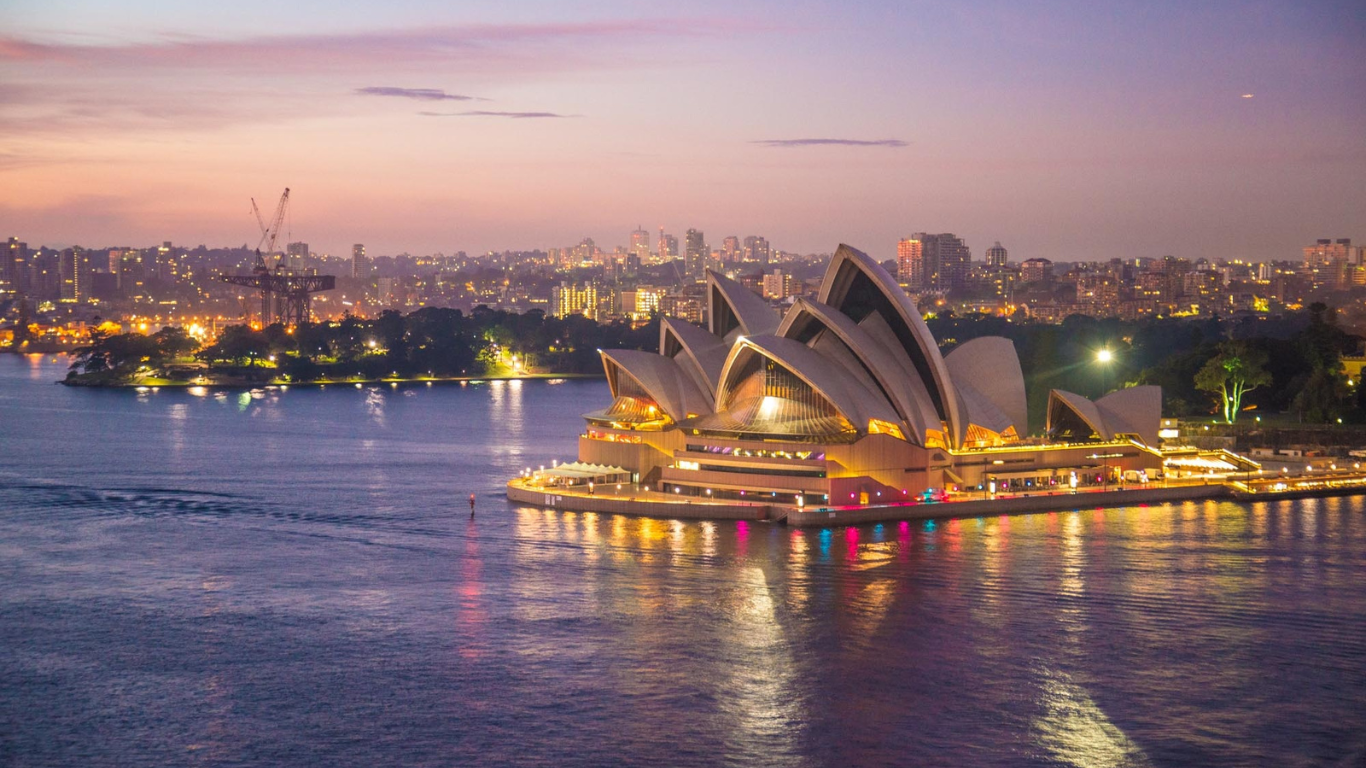
Tour Packages
AUSTRALIA
Tasmania West & East Coast Tour
Circuit
5 days – 4 nights
7-Day Adventure Tour to Uluru
Circuit
7 days – 6 nights
7-Day Exmounth Explorer & Ningaloo Reef Return Perth
Circuit
7 days – 6 nights
Melbourne Package Tour
Circuit
5 days – 4 nights
Great Barrier Reef – PADI Open Water Course
Free Cancellation
5 days – 4 nights
Rainbow Beach: 3-Day K’gari (Fraser Island) 4WD Adventure
Circuit
3 days – 2 nights
Hervey Bay to K’gari/Fraser Island 2-Day Tour (Beach House)
Circuit
2 days – 1 night
4-Day Rock to Rock Adventure Tour
Circuit
4 days – 3 nights
Wild Tasmania
Circuit
4 days – 3 nights
Explore 150+ Tour Packages
Australia like never before
Tour Packages
Featured Destinations
AUSTRALIA
Things to do
AUSTRALIA
Day Trips
AUSTRALIA
Free Walking Tours
The best free walking tour guides in the world are here. A “free tour” is a guided city tour where history, culture, and lifestyle are explained. Currently, it is already the first choice for travelers in any city they visit. Get a free walking tour in AUSTRALIA with local guides:
Free Tours in AustraliaMulti-day Trips
AUSTRALIA
eSIM for Australia
Buy an international eSIM and never pay for roaming again. Connect to Unlimited Internet at 3G/4G/LTE/5G speed in minutes and stay in touch with your family and friends. Enjoy a 5% discount on any plan and destination: Promo Code: ITACATOURS5
Get Unlimited InternetCairns
AUSTRALIA
Cairns is a city shaped by reef, rainforest, and tropical rhythm. Located in Far North Queensland, it’s the gateway to two World Heritage sites—the Great Barrier Reef and the Daintree Rainforest—offering a blend of marine wonder and ancient wilderness. Stroll along the Esplanade, where locals and visitors gather by the lagoon, framed by palm trees and ocean breeze. From the Reef Fleet Terminal, boats depart daily to coral gardens and turquoise waters, whether for snorkeling, diving, or glass-bottom viewing. Inland, the Daintree reveals a different world—lush trails, river cruises, and encounters with cassowaries beneath the canopy. In town, Avenida Shields and surrounding streets offer cafés, markets, and galleries with a laid-back vibe. Visit the Cairns Aquarium to explore marine ecosystems, or take a scenic train to Kuranda, a village in the rainforest known for its arts and wildlife sanctuaries. For panoramic views, ride the Skyrail Rainforest Cableway, gliding above treetops and waterfalls.
Things to do
CAIRNS
Day Trips
CAIRNS
Multi-day Trips
CAIRNS
Melbourne
AUSTRALIA
Melbourne is a city built on contrast, creativity, and quiet intensity. Located on the banks of the Yarra River, it blends Victorian architecture with bold modern design, and a deep cultural pulse with a laid-back rhythm. Known as Australia’s capital of arts, sport, and coffee, it invites exploration through laneways, galleries, and green spaces. Walk through the CBD, where historic arcades and street art-covered alleys hide cafés, bookstores, and rooftop bars. Visit the National Gallery of Victoria, stroll the gardens around Federation Square, or catch a performance at the Princess Theatre. In neighborhoods like Fitzroy, Carlton, and St Kilda, the city’s multicultural roots come alive through food, music, and local markets. Melbourne’s calendar is packed with festivals, from film and fashion to food and Formula 1. At the Melbourne Cricket Ground, sport becomes ritual, while the Royal Botanic Gardens offer quiet refuge just minutes from the city center. Day trips lead to the Great Ocean Road, Yarra Valley, or the Dandenong Ranges, each offering a shift in pace and scenery.
Things to do
MELBOURNE
Free Walking Tours
The best free walking tour guides in the world are here. A “free tour” is a guided city tour where history, culture, and lifestyle are explained. Currently, it is already the first choice for travelers in any city they visit. Get a free walking tour in MELBOURNE with local guides:
Free Tours in MelbourneDay Trips
MELBOURNE
Multi-day Trips
MELBOURNE
Sydney
AUSTRALIA
Sydney is a city defined by water, light, and bold contrasts. Set around one of the world’s most iconic harbours, it blends natural beauty with urban energy, offering a rhythm that shifts between coastal calm and cultural intensity. Start at Circular Quay, where ferries glide past the Sydney Opera House and the Harbour Bridge frames the skyline. Walk through The Rocks, the city’s oldest quarter, with sandstone lanes, weekend markets, and stories of early settlement. Head east to Bondi Beach, where surfers, swimmers, and sunseekers share the curve of golden sand, or follow the Bondi to Coogee coastal walk for cliffs, coves, and ocean views. In the city centre, explore Darling Harbour, visit the Art Gallery of New South Wales, or stroll through the Royal Botanic Garden. Neighborhoods like Newtown, Surry Hills, and Paddington offer street art, vintage shops, and a strong café culture. Across the water, Manly combines beach life with ferry views and forest trails. Sydney’s calendar is packed with festivals, from Vivid Sydney’s light installations to Mardi Gras, film premieres, and open-air concerts. Day trips lead to the Blue Mountains, Hunter Valley, or the Southern Highlands, each offering a shift in pace and scenery.
Things to do
SYDNEY
Free Walking Tours
The best free walking tour guides in the world are here. A “free tour” is a guided city tour where history, culture, and lifestyle are explained. Currently, it is already the first choice for travelers in any city they visit. Get a free walking tour in SYDNEY with local guides:
Free Tours in Sydney
